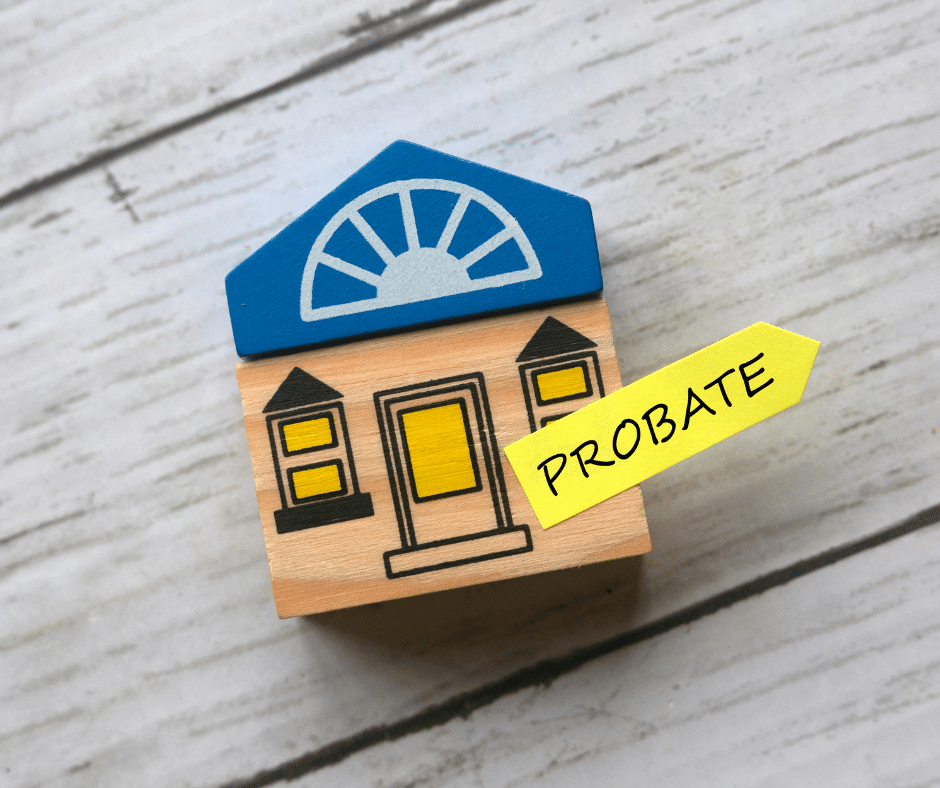Creating a Last Will and Testament is an integral part of estate planning. In fact, more than half of Americans do not have a Last Will and Testament. This is because most individuals don’t feel they have sufficient assets, they don’t have the time or they simply don’t know the process.
Regardless of popular belief, a Last Will and Testament is not just beneficial for individuals with high net worth and/or many assets. As we’ve seen from the COVID-19 pandemic, unexpected and tragic events can arise and it is important for individuals to be prepared when it comes to our health and our personal affairs.
Having discussions and planning for the future in the event of one’s passing can be emotional and uncomfortable; however, creating a Last Will and Testament can provide individuals and their families with peace of mind. A Last Will and Testament will also ensure that your wishes will be met upon your passing.
In this article, we will explain what a Last Will and Testament is and how it works in the State of Florida.
What Is a Last Will and Testament?
A Last Will and Testament is a legal document that details your wishes on what will happen with your property, assets, and dependents upon your death. It also names guardians for children under the age of 18 at the time of your death.
A Last Will and Testament also detail how the remaining expenses will be paid. These expenses could include medical and funeral expenses, outstanding debts, and taxes.
It is important to note that certain property cannot be transferred under a Last Will and Testament. For example, if two spouses jointly owned property, that property cannot be transferred to another person. The property is automatically transferred to the surviving spouse.
If a deceased person does not have a Last Will and Testament in place at the time of his or her death, then the State of Florida will decide how to distribute assets and to whom.
What Does a Last Will and Testament Include?
The requirements for a Last Will and Testament can vary state-to-state. Generally, a valid Last Will and Testament can include the following:
- Identify a Testator – The “testator” is the person who is creating the Last Will and Testament and to whom the assets and dependents the document pertain.
- Identify Beneficiaries – “Beneficiaries” are the parties who receive property or assets from the testator. A beneficiary can be another person, a group or organization, or a charity.
- Appoint an Executor – An “executor” is a person or institution appointed by the testator to handle his or her remaining financial obligations upon their death. The executor will oversee the distribution of assets and ensure the remaining expenses are paid accordingly. In most cases, the executor is an immediate family member, such as a spouse or adult child of the testator. In the event a deceased person did not have a Last Will and Testament executed, the Court would appoint an executor.
- Bequests – A “bequest” is a specific gift that is given to a beneficiary. Some examples of a bequest include a piece of jewelry, a painting, or a monetary donation to a charity.
- Payment of Estate Expenses – As mentioned, a Last Will and Testament can include instructions on how outstanding expenses and debts will be paid, whether through liquid assets (i.e. bank accounts), tangible assets, or life insurance.
- Residuary Estate – The “residuary estate” refers to the remaining assets after bequests and property have been distributed and debts have been paid. A Last Will and Testament will address how these remaining assets will be dispersed, such as spreading the remaining assets evenly among the testator’s children.
How to Execute a Last Will and Testament in the State of Florida
Florida State law mandates the following when executing a Last Will and Testament:
- The testator must be at least 18 years old.
- The testator must be of sound mind at the time the Last Will and Testament is executed.
- The Last Will and Testament must be in writing.
- The document must be signed by the testator or by another person per direction of the testator in his or her presence.
- Two attesting witnesses must be present and must sign the document in the presence of the testator and each other.
If a Last Will and Testament isn’t executed properly, then many problems can arise. Therefore, it is highly recommended to work with an experienced estate planning attorney. A practicing estate planning attorney is knowledgeable in Florida State laws and can ensure all legal requirements are met.















